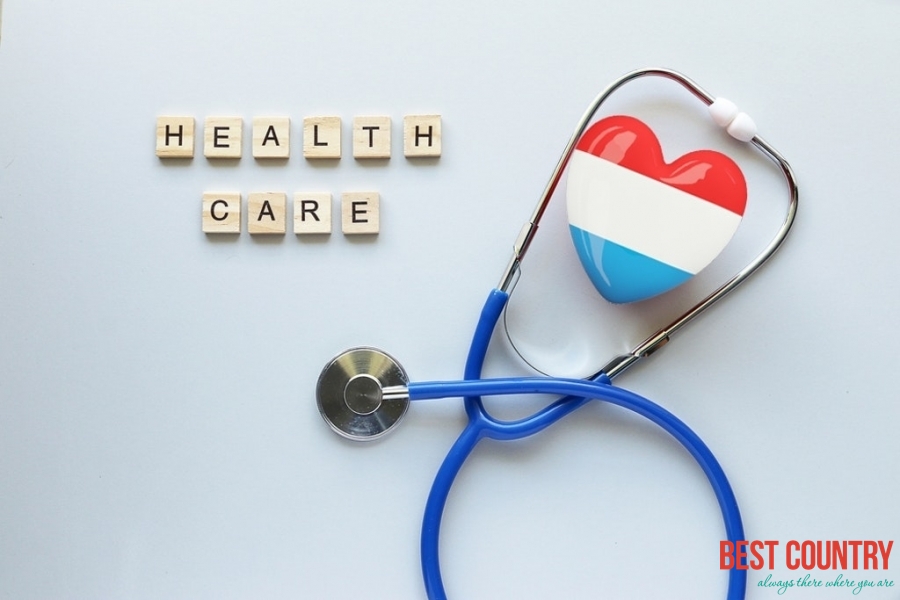Health Care In Luxembourg

Current statistics show that Luxembourg's infant mortality is low at 4.56 per 1,000 births and has an impressively high life expectancy at 79.33 years (male 76.07 years and female 82.81).
Public Health Care
Being part of the workforce entitles all residents to access the state funded health care services. Caisse de Maladie collects healthcare contributions which are shared by both employer and employee; an average contribution is 5.44% of the gross income with a maximum of ?6,225.
Employers directly deduct contributions from the monthly salary. The compulsory health care contributions are also paid by those who are self employed.
Non-working foreign nationals who wish to remain in the country as a tourist or a retiree/pensioner must show proof of health insurance when applying for a residence permit.
In Luxembourg, the state scheme works on a reimbursement basis. Receipts for consultations, treatment and medicines are needed for the reimbursement.
Rates may vary from 80% to 100%. Thus, 80% is reimbursed on the first consultation and it can go up to 95% if there are subsequent consultations within 28 days.
Most of the prescriptions are reimbursed at a 78% rate, though there are categories (four) and levels (0 to 100%). If treated abroad due to an emergency, the caisse reimburses the value of equivalent services in Luxembourg.
Private Health Insurance
Despite the generous health care system provided by the state, many people have opted to take additional private insurance from non-profit health insurance agencies or mutual association (mutuelles) affiliated to the Ministry of Social Security.
A mutuelle can pay for the fees not covered by the caisse: private rooms, eye care, dental services and medical services outside the country.
Hospitals/Doctors
Residents are advised to check if the doctor of their choice is contracted by the state scheme prior to registering. If a doctor not under the state scheme treats a patient, be prepared to pay the fees.
A general practitioner usually arranges Non-emergency admissions and hospitalizations. There is a waiting list for non-emergency treatment and services.
There are no private hospitals in Luxembourg and all hospitals are state-owned run by the Caisse de Maladie.
Services are classified into three types - first, second, and third class. The three group of hospital service depends on the patient's contribution or the private health coverage.
First class entitles individuals that are willing to pay the extra cost or those who has private health insurance to a private room.
Second class is set as the standard service and covered under most insurance: patients share a room with two or three patients.
Third class however, consists of a ward that is shared with more than three patients.
Dental Care
In Luxembourg, dental care is of a high standard. Citizens are free to register with the dentists or dentistes of their choice.
If the dentist has a contract with Caisse de Maladie, the treatment will be reimbursed, however, major dental works like crown and bridges need pre-approval from the Caisse de Maladie or the health insurer.
Pharmacies
Most medicines and health care products are sold in pharmacies. Buying prescribed medicines (even aspirin) is reimbursable or at least part of the cost from the individual's chosen health care insurer. If bought without a prescription, the individual pays the full price.
Pharmacies are often identified by an illuminated green cross sign and are open during normal working hours. However, in some areas, it's open only on weekdays. One pharmacy will be on duty outside the open hours and the duty roster is published in local newspapers at least once a week.
Emergency
Luxembourg's medical emergency number is 112. Emergency operators can speak some English. It is important to be calm to provide the complete details to the operator so that appropriate emergency services are dispatched.
Expats should be aware that not all hospitals in the country have emergency services or facilities. There will be a hospital on duty that provides emergency services in certain areas. Schedules are normally posted in local newspapers, pharmacies and hospitals.